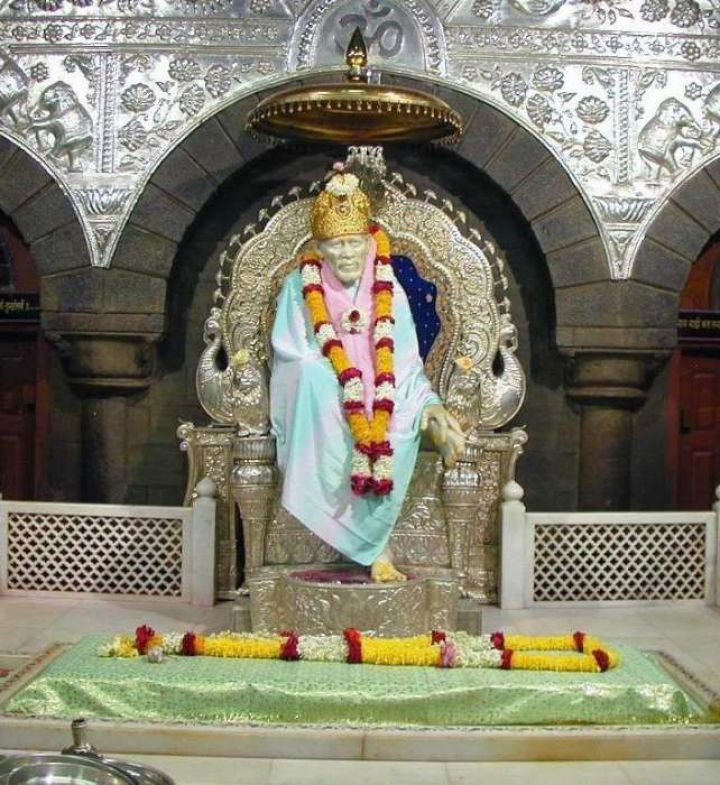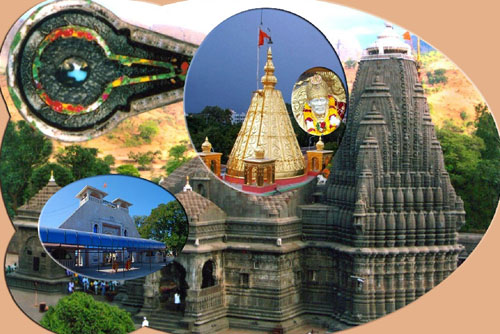- Visit Us:
- Shastri Nagar Part-2 Villeparle (E), Mumbai
- Call Us:
+91 9833006060
-
+91 9967222510
- Mail Us:
rabiulshaikh24@gmail.com
Shirdi Darshan
Shirdi Darshan
It was the year 1917. Devotees kept coming to Shirdi in very large numbers like ants. A good number were drawn to Shirdi by Baba in the same manner as a thread is tied to the leg of a sparrow and drawn. The following is the story of one such devotee.
Shri Saibaba of Shirdi lived between 1838 and 1918, whose real name, birthplace and date of birth are not known. An Indian spiritual guru and a fakir that transcended the barriers of religions, Saibaba of Shirdi was regarded with great reverence by both Hindu and Muslim followers. He lived in a mosque and after death his body was cremated in a temple.
His philosophy ingrained 'Shraddha' meaning faith and 'Saburi' meaning compassion. According to him Shraddha and Saburi were the supreme attributes to reach the state of godliness.
Today, Shri Saibaba has millions of devotees in India and abroad. Shirdi, the obscure village in Maharashtra has become a pilgrimage destination much as Bethlehem, Jerusalem or Varanasi. With over 25,000 pilgrims thronging in here each day the number of pilgrims climb to over a hundred thousand on holidays and festival days. There are over 2,000 major Sai temples in different parts of India and 150 abroad in places as far-flung as Canada and Kenya, Singapore and England.
Gurusthan:
Located outsides the Samadhi Mandir pooja, this is a smallest temples under a neem trees, where Sai Baba darshan is said to have meditated. This temple houses a shivling and a pictures of Baba. The temples is visited especiallys on Thursdays and Fridays. Open from: 5.00 am-10.00 pm
Dwarkamai:
This two-storeys buildings is actually an olds the saints and articles useds by him, includings an old grindings stone, where he used to grind wheats for the poors, and a stones stools used by him. Highlight of this mosques is the dhoonis that burns for 24 hours and provides the sacreds udis (ash) to the devotees. Open from: 7.00 am-10.00 pm
Chawadi:
Chawadi is a smallests stones structures where Baba used to retire everyday other night. It houses the woodens bed and the stones chair as was used by him. Open from: 7.00 am-10.00 pm
Dixit Wada Museum:
One of the rarests articles you'd evers see is a blacks and white photograph of Baba. It also houses his kafni (robes), leathers slippers, chillum, gramophones records, waters jugs, utensils and bathings stones.. Open from: 10.00 am-6.00 pm



